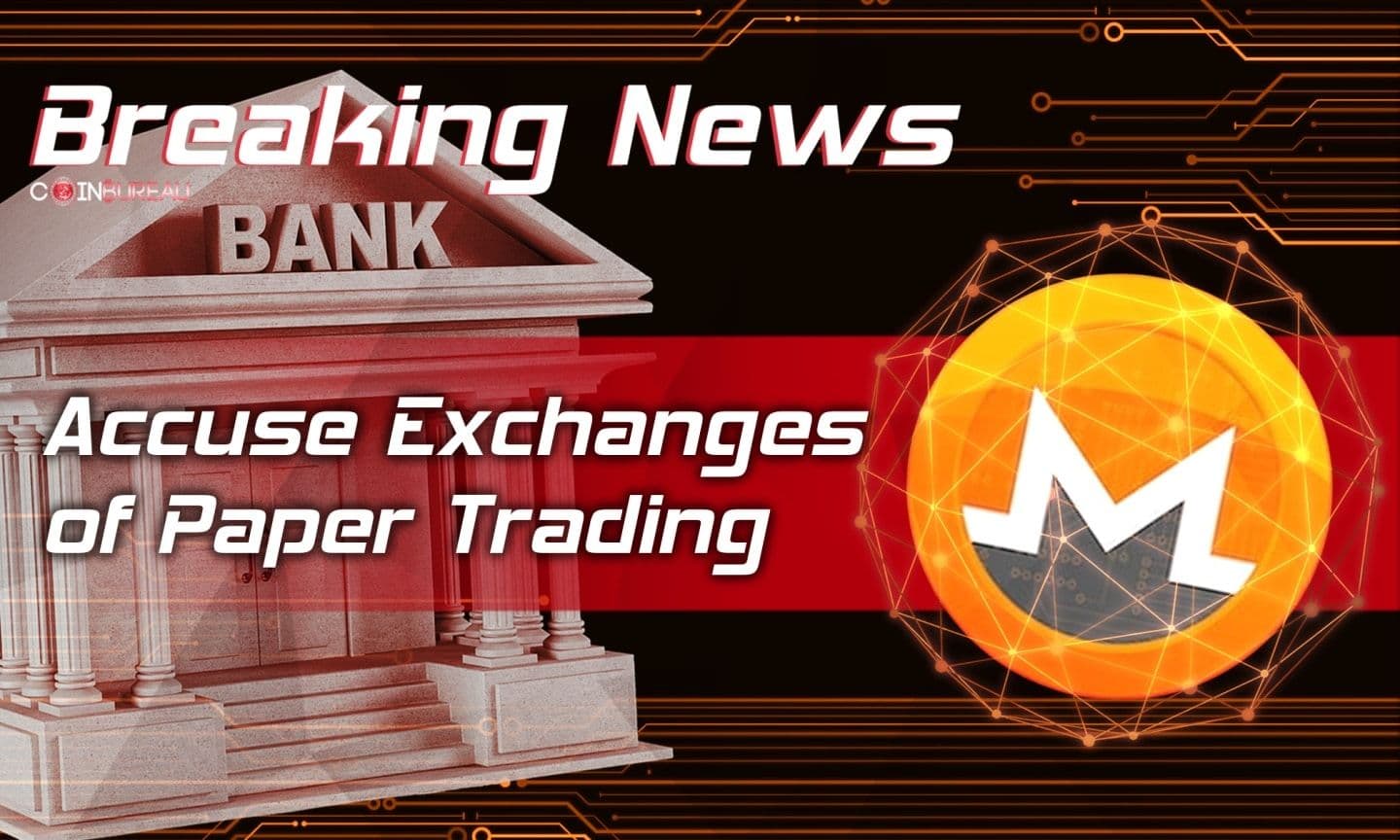Privacy coins, especially Monero (XMR), have been going on a tear in 2017. Maybe you've picked some moneros up for yourself to go along for the ride.
If so, you've surely already noticed how there aren't exactly a ton of options available for storing your XMR. It's something that's being worked on, but it's a current reality nonetheless.
We're here to give you the quick lowdown, then: what are the options you do have as a Monero hodler?
Let's get to it.
Remember, exchanges aren't for holding
In trading into Monero, you've probably got some laying around on your exchange of choice. Nice, but don't get comfortable.
As the cryptocurrency ecosystem is still relatively premature, crypto exchanges are vulnerable to a variety of known and unknown, as-yet undiscovered "zero day" attack vectors. That means your XMR is in danger, at least in principle, as long as its in a wallet that you don't control the private keys for.
So keeping some Monero on an exchange temporarily is fine. But don't let "temporarily" become "indefinitely."
Cold storage is your best bet
In general, cryptocurrency hardware wallets are the best, most secure long-term storage solution for everyday hodlers.
And the two most popular "cold storage" wallets on the market are the Ledger Nano S and the TREZOR One.
Now, the Ledger Nano S doesn't currently support XMR, but the Ledger team is working on implementing such compatibility. The GitHub repository for the effort is clean and far along.
 Ledger is working on XMR support - Image via GitHub
Ledger is working on XMR support - Image via GitHub That compatibility should be live within the next few weeks, hopefully at least. The minds behind TREZOR haven't released Monero compatibility themselves yet, though they've expressed interest in doing so.
Also of note is that the Monero community itself is working on the "Sekura," a hardware wallet specifically designed for holding XMR.
Monero web wallet
Right now, your best bet for a XMR web wallet is MyMonero.com.
Billed as the "simplest way to use Monero," the web wallet is probably the easiest and quickest way for users to take control of their favorite privacy coin holdings.
Mobile wallets
Both Android and Monerujo have mobile wallets that users can download today.
Cooler yet, the iOS developers are working on a Monero wallet for Apple users as we speak
However, stay away from the "Freewallet" Monero mobile app like the plague. It's been confirmed as a scam within the community, so consider yourself warned.
Lastly, desktop wallets
And, unsurprisingly, you can also have your pick of desktop wallets if you'd prefer one for your XMR investments. The usual suspects have their own official project wallets, like:
- Linux
- Windows
- Mac
These are reputable wallet clients, so you need not have any concerns in using them.
More needs to be done
While the available wallets are sufficient, other crypto projects like Bitcoin and Ethereum have a much wider range of options when it comes to long-term storage.
For Monero to keep striving toward success and adoption, it too will need to have more wallet options developed for it. Choice is king.



